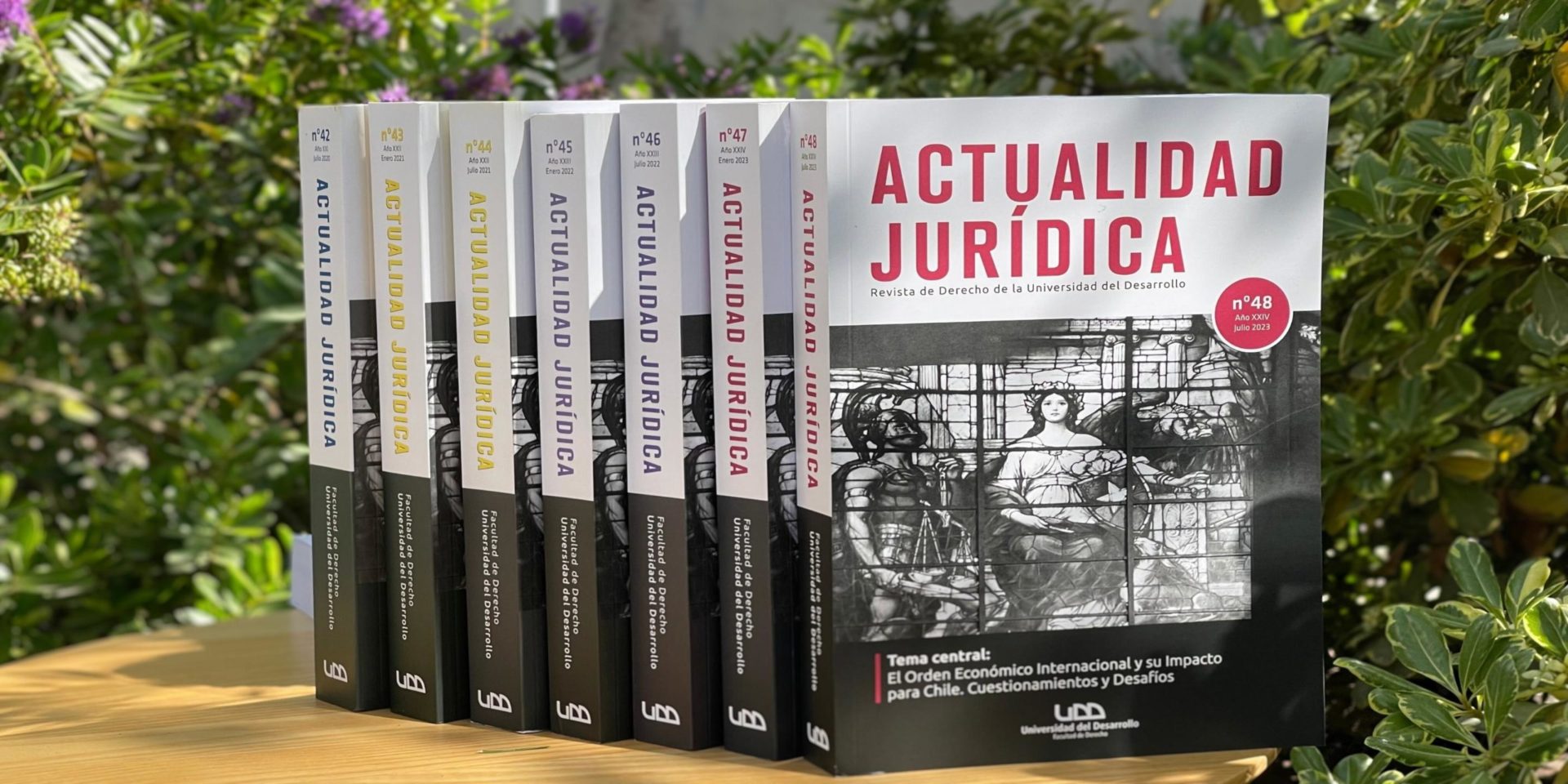Educación cívica, adoctrinamiento y libertad de pensamiento
Resumen
Durante las últimas tres décadas se ha implementado, de manera sistemática, en Chile una política pública cuyo objetivo declarado consiste en el fortalecimiento de la formación ciudadana en el ámbito escolar. En el contexto de las iniciativas de reconocimiento constitucional de los derechos de la infancia, se han planteado alternativas de consagración de la educación cívica y del principio de participación progresiva de niños y adolescentes en la norma fundamental, eliminándose garantías como la libertad de enseñanza y el derecho preferente de los padres respecto de la educación de sus hijos. Siendo los conceptos de democracia y ciudadanía construcciones conceptuales complejas, dotadas de un fuerte componente subjetivo, resulta indispensable abordar la necesidad de definir la frontera entre educación ciudadana y adoctrinamiento ideológico. Todo intento serio por constitucionalizar la formación ciudadana de niños y adolescentes necesita contemplar mecanismos jurídicos efectivos que permitan garantizar que, tanto la definición de contenidos como la implementación de las metodologías del proceso formativo ciudadano, se realicen con respeto por el pluralismo democrático y la libertad de pensamiento de la niñez y la adolescencia, lo cual supone necesariamente, una adhesión al modelo de democracia formal y representativa.
Abstract
During the last three decades, a public policy whose declared objective is to strengthen citizen education at school level has been systematically implemented in Chile. In the context of the initiatives for the constitutional recognition of children’s rights, alternatives have been proposed for the consecration of civic education and the principle of progressive participation of children and adolescents in the fundamental norm, excluding guaranties such as the freedom of teaching and the preferential right of parents with respect to the education of their children. Since the concepts of democracy and citizenship are complex conceptual constructions endowed with a strong subjective component, it is essential to address the need to define the limit between citizen education and ideological indoctrination. Any serious attempt to constitutionalize the citizen education of children and adolescents, needs to contemplate effective legal mechanisms that allow guaranteeing that both the definition of contents and the implementation of the methodologies of the citizen training process, are performed with respect for democratic pluralism and freedom of thought of childhood and adolescence, which necessarily implies adherence to the model of formal and representative democracy.
